As the United States steps into the heart of "primary season," Matt and Jadrian are here to untangle all the different ways that economic concepts interact with the democratic process. We’ll try to shed some light on the crucial decisions taking place in the political arena. From rational choice theory to the median voter theorem, we dive into the economic frameworks that underpin electoral decisions. Whether you're a political junkie or just curious about the economic forces at play during primary season, this episode promises to be an engaging conversation.
In this episode, we discuss:
An economic analysis of whether to vote—or not—which explains why most people don’t vote in all elections
The median voter hypothesis in the primaries and general election
Prediction markets for voting, and how economists created them
And a whole lot more!
Catch up on some old episodes:
You can also listen to us on Google Podcasts, TuneIn Radio, and Apple Podcasts. If one of these is your go-to podcast service, be sure to rate us and subscribe!
Watch this episode on YouTube:
Some show notes:
Matt and Jadrian are in back-to-school mode, and today's episode kicks off with a lively discussion about the flurry of administrative tasks that come with it. Remember our chat about whether Matt would embark on Dry January? Well, he's opted for a unique twist: "Damp January." Matt is committed to enjoying one alcoholic beverage per day throughout January, but if he plans to drive anywhere, it's non-alcoholic options only. Matt's go-to choice for today is the Run Wild (Non-Alcoholic) IPA by Athletic Brewing Company, while Jadrian's keeping the winter chill at bay with a hearty Oktoberfest from Shiner.
As we release this episode following the Iowa caucus, the decision to vote is a prime example of where economic principles come into play. We often emphasize the importance of making choices when the marginal benefit outweighs the marginal cost. However, voting presents a unique challenge—estimating the marginal benefit is tricky, while the marginal costs are more evident. We chat about the different costs and benefits that go into the decisions.
Our next segment focused on the world of prediction markets and political betting. Markets like PredictIt can provide valuable insights into political outcomes because they harness the collective wisdom of participants to forecast election results and political events. They can be remarkably accurate! Here’s a look at the prediction markets at the time we’re posting these show notes.
We also talked about a fascinating concept known as the median voter theorem. In the realm of political economics, this hypothesis suggests that in a two-party system, candidates tend to gravitate toward the ideological center to capture the pivotal "median voter." It helps explain why candidates in the primaries often say much different things to their base than they do when running in the general election.
If you feel that we’ve missed any crucial points, or if you have additional thoughts and questions about the topics we've covered, we'd love to hear from you. Your comments and feedback enrich our discussions and help us provide even more comprehensive and engaging content. So, don't hesitate to share your thoughts in the comments section below or reach out to us on social media.
This week’s pop culture references:
Jadrian discussed scenes from Superstore where the company encouraged voting for particular candidates that match the company’s views on unionization.
Matt discussed an episode of Curb Your Enthusiasm, Lewis Needs a Kidney. Economist Al Roth won a Nobel Prize determining matching markets, which are needed for kidneys as it is illegal to buy or sell a kidney in the USA. He will have a YouTube series on Economics in Curb Your Enthusiasm starting soon which corresponds to the final season that begins in February.
Matt and Jadrian also shared their favorite books they read in 2023. Jadrian’s posted a separate article on his
newsletter about the books he enjoyed from last year. His top choice was Erik Angner’s “How Economics Can Save the World”!Matt’s favorite last year was not an economics book, but did have a lot of great economics examples interspersed throughout. It also wasn’t a book published last year, but he read it in 2023 so he’s counting it as his favorite:



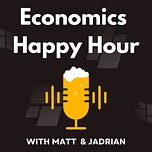



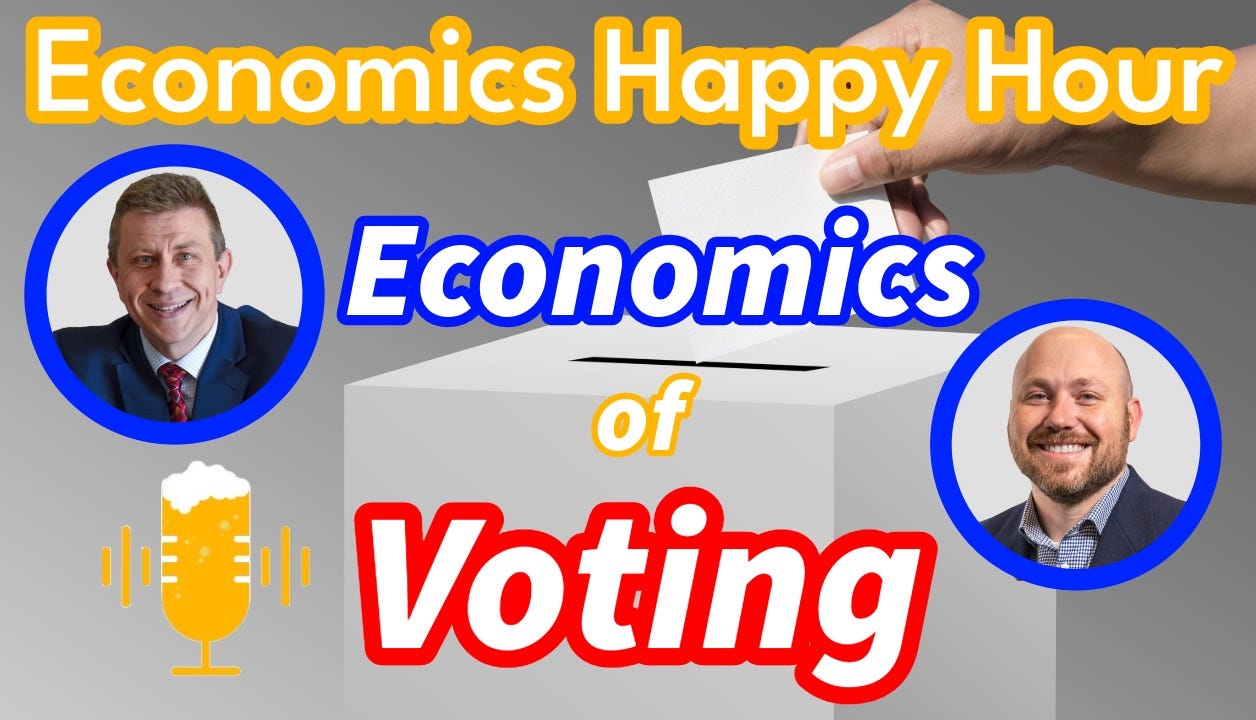
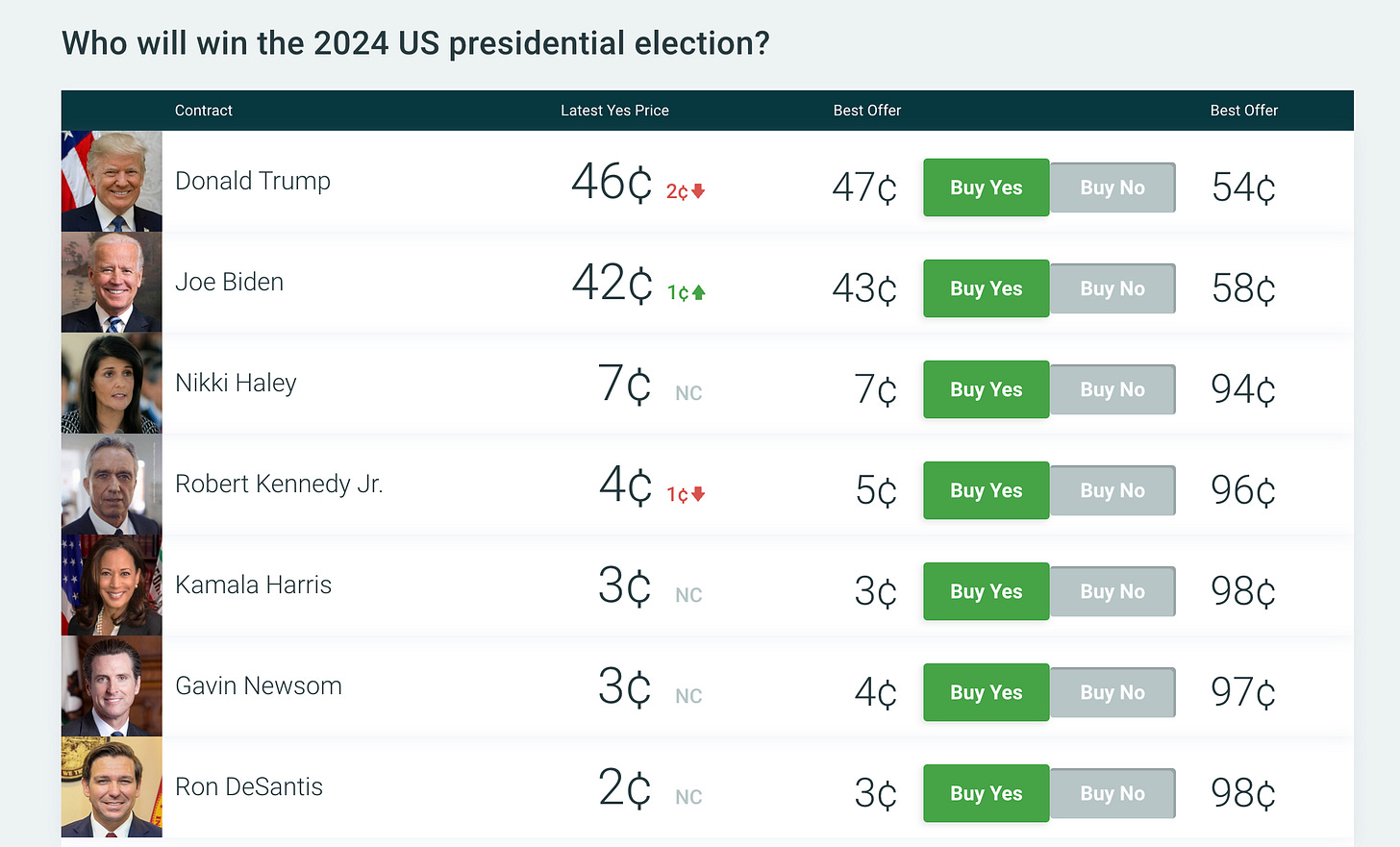
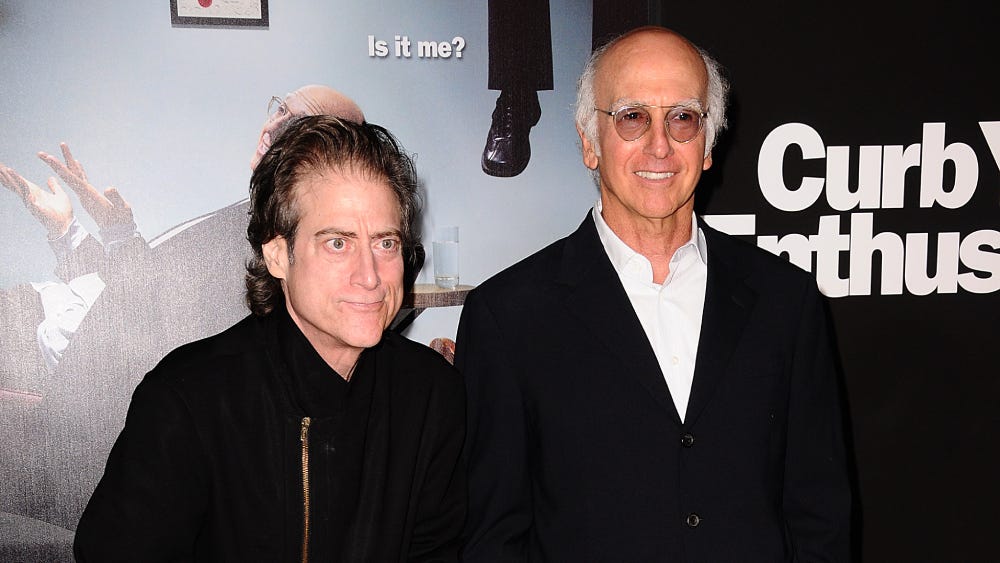

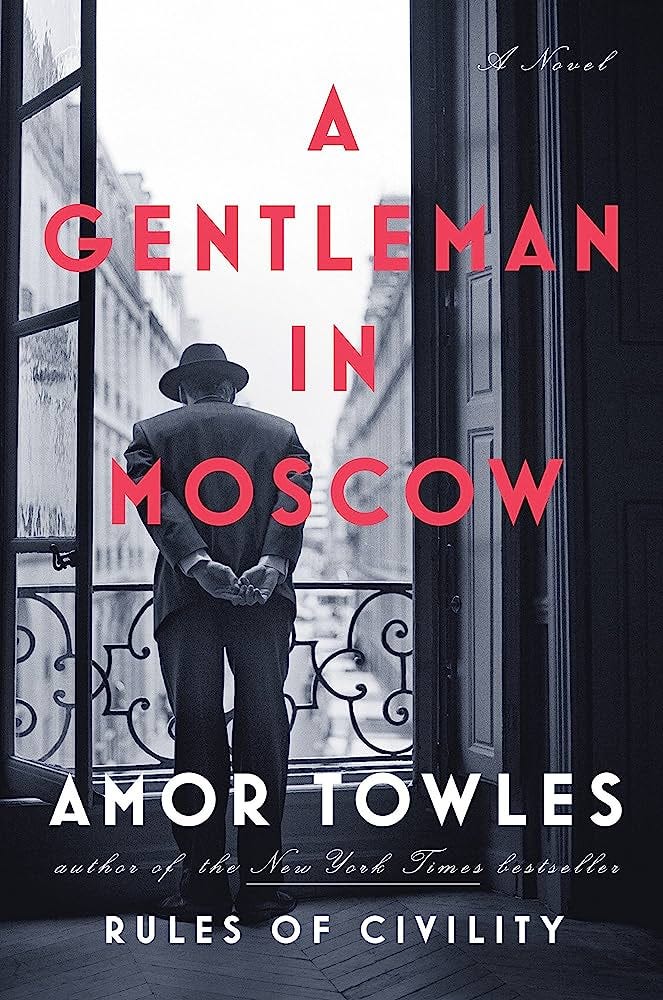



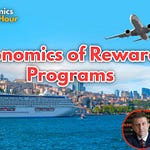



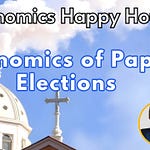


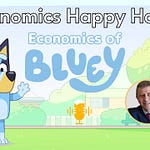
Share this post